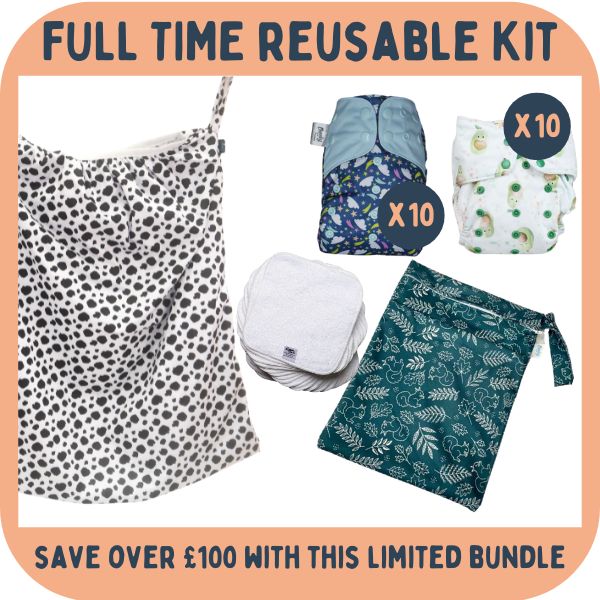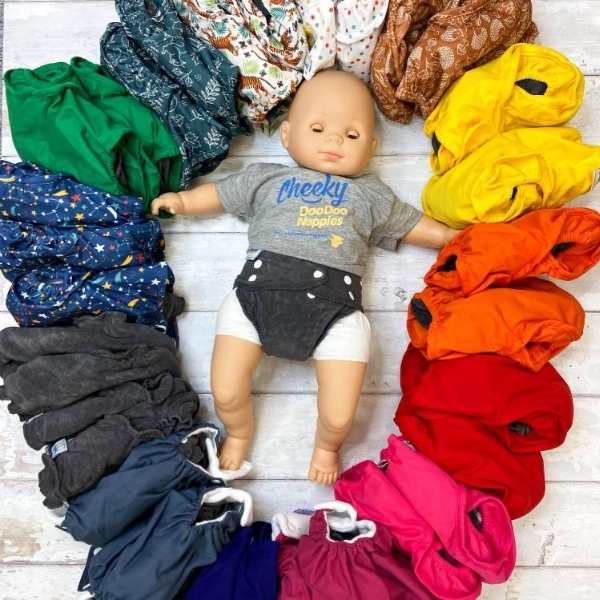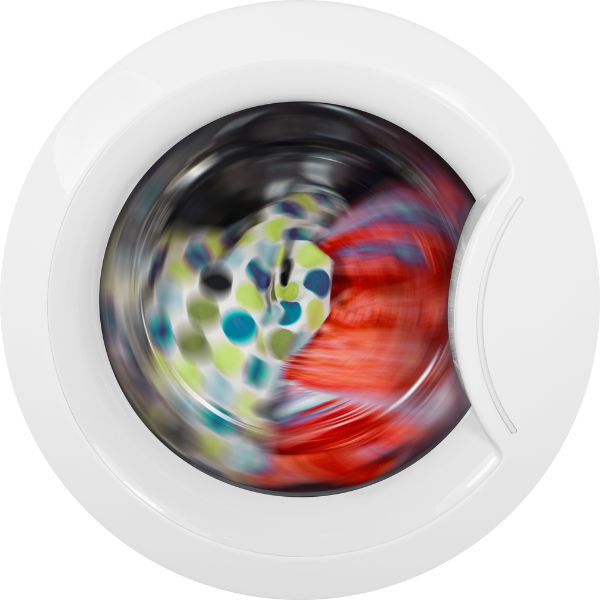Do Biodegradable Nappies Actually Exist?
Is there such a thing as a biodegradable nappy? The short answer is no, biodegradable nappies do not actually exist. All single use nappies contain plastics which can be oil based (Pampers, Huggies, supermarket nappies) or plant based (Kit & Kin, Pura, Eco by Naty, Mama Bamboo).
Even the most 'biodegradable' nappies still contain at least 20% of these non-biodegradable plastic materials. Any brand claiming that their nappies are biodegradable are certainly greenwashing. It's partly true as all nappies contain wood pulp or cellulose in their core, but the entire nappy is not biodegradable material.
What Does Biodegradable Mean?
Biodegradable means that a material will decompose into much smaller pieces such as sugars, carbon dioxide and water, through natural processes such as bacteria and fungi. This is what happens if you leave a plum at the bottom of your fruit bowl and go on holiday and come back to a sticky mess and fruit flies!
What does Compostable Mean?
Some brands are also trying to create compostable nappies. The difference between biodegradable and compostable is that biodegradable happens of it's own accord in nature. Compostable means that it biodegrades more quickly...but it is human driven biodegrading under very specific conditions. Not natural.
There's also a big difference between 'industrial composting' which happens at a composting facility and 'home composting' which happens at much lower temperatures. Any product marked as 'compostable' should differentiate between these two.
Nappies should NEVER be home compostable anyway due to the human waste they contain which would be a health hazard!
You can read more about the differences between 'compostable' materials in this really interesting article over at Notpla 'Surprising compostable packaging facts'.
Is Nappy Composting Possible?
Nappy composting is happening in some countries such as New Zealand, but the UK doesn't have a current system in place to do so. In Wales, Nappicycle are working with Pura to recycle nappies into their base materials for reuse. The cellulose cores can be made into fibre boards and acoustic panelling. The plastics are sent for secondary recycling.
They have launched another pilot scheme in Bristol this year which aims to recycle 1 MILLION nappies.
Do eco nappies or biodegradable nappies decompose more quickly in landfill?
No, generally eco nappies / biodegradable nappies do not decompose a lot more quickly than traditional disposable nappies decompose in landfill.
There are two reasons for this. Firstly, landfills are designed to limit biodegradation to prevent carbion dioxide and methane being produced. In addition, often consumers will package their waste in their bin in plastic bags, even if they have gone to the trouble of using biodegradable nappy sacks.
What Are Eco Nappies?
There are no clear definitions of what an eco nappy is, which means that unscrupulous companies can use the term willy nilly. Buyers beware! However most 'eco disposable nappies' use plant based bioplastics rather than oil based plastics. They'll also source the super absorbent wood pulp in their cores from sustainable sources and ensure that it's FSC certified.
Most of these nappy brands position themselves as 'eco ethical' or just more environmentally friendly which is fair as they are working to minimise the environmental impact of disposable nappies.
However there is a lot of confusion from consumers who believe that choosing eco nappies is much better for the environment than standard disposables.
Whilst this is partly true in terms of materials used, eco nappies still create mountains of waste which will take hundreds of years to decompose. Given that a child will use around 5000 nappies before they are potty trained, that is a HUGE amount of waste.
Are Eco Nappies Biodegradable?
No, eco nappies are not biodegradable. All 'biodegradable' nappies will contain at least 20% non-biodegradable plastic materials, in the form of oil based plastic or plant based plastic. Some companies shy away from calling it plant based plastic, calling it plant based material...but it's essentially plastic.
Best Alternative to Biodegradable Nappies
Reusable nappies are the best alternative to “biodegradable” nappies and eco nappies.
Reusable nappies don't need to be difficult! They can be super easy to use but just require washing and drying.
If you've got a washing machine and outside drying, then they're definitely worth considering as they will save you money and you'll be doing your bit for the environment.
As with anything with a baby, getting into a routine is important but this is no more difficult than remembering to put a wash on every other evening and then hanging your nappies out first thing.
Here at the Nappy Gurus we're here to help you make the switch and ditch disposables. Take our nappy quiz to receive tailored advice about which nappy is best for you. Or check out our easiest reusable nappies below as a quick start guide!
Bestselling Easy Reusable Nappies:
We're so confident that we can help you make the switch to reusables that we've got a 100% happiness guarantee. LOVE our products or get your money back.
Got more questions or need advice? Drop us a line, or check out our other guides or blogs which might be of interest:
- Types of cloth nappies
- Washing reusable nappies
- How to choose a great reusable nappy
- Cloth nappy guide
- Disposable Nappies vs Eco Nappies vs Reusables
- Best Nappies for the Environment
About the Author: Helen Rankin, an advocate for sustainable living, embarked on her journey with reusable products when her first child was born in 2004. Facing limited options in cloth nappies, Helen’s passion only grew, leading her to launch Cheeky Wipes in 2008, right before welcoming her third child.
Helen's commitment to promoting sustainable solutions led to her taking over The Nappy Gurus in 2024. Today, she is excited to share her extensive knowledge and enthusiasm for all things reusable, helping a new generation of parents navigate eco-friendly choices for their children.
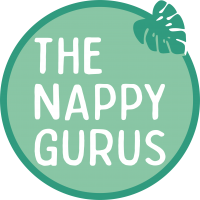
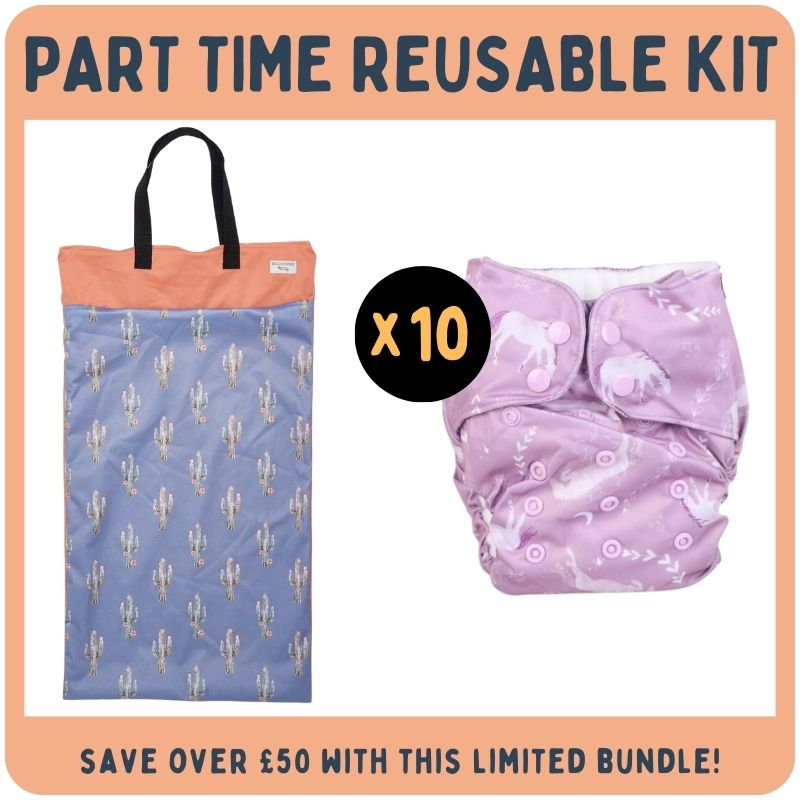
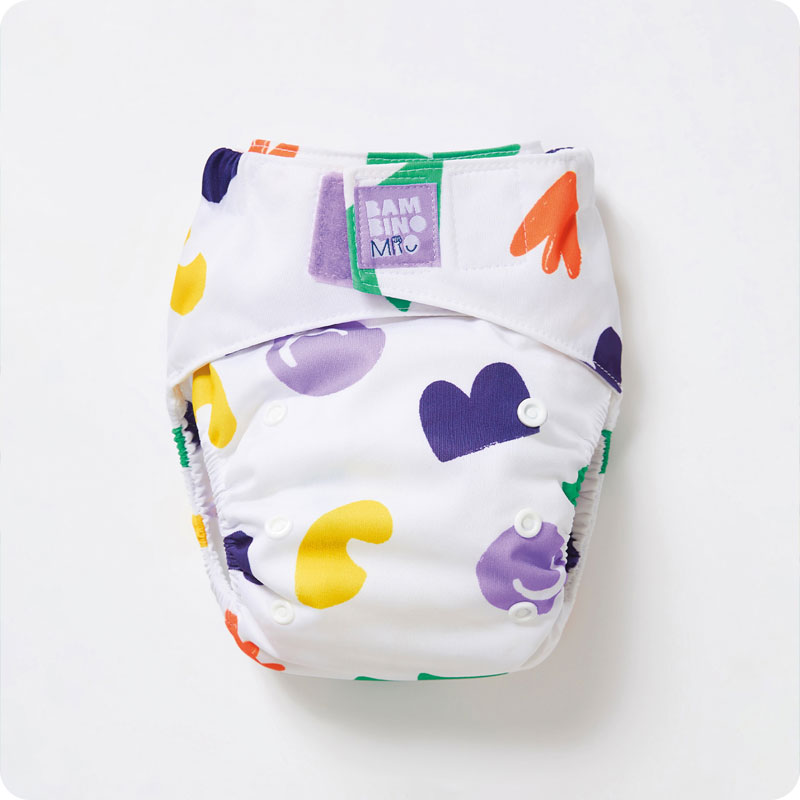
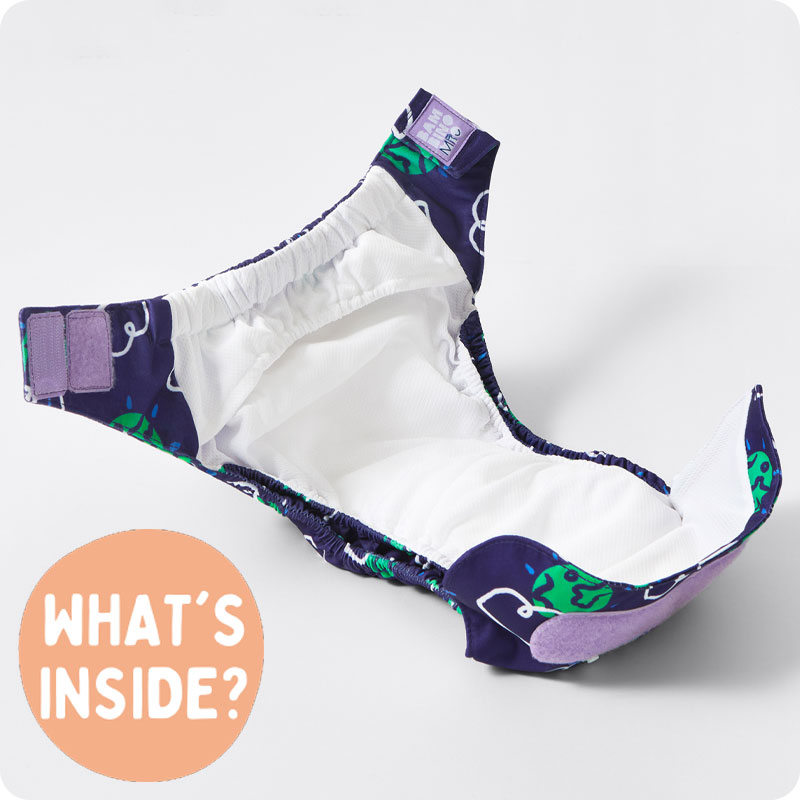
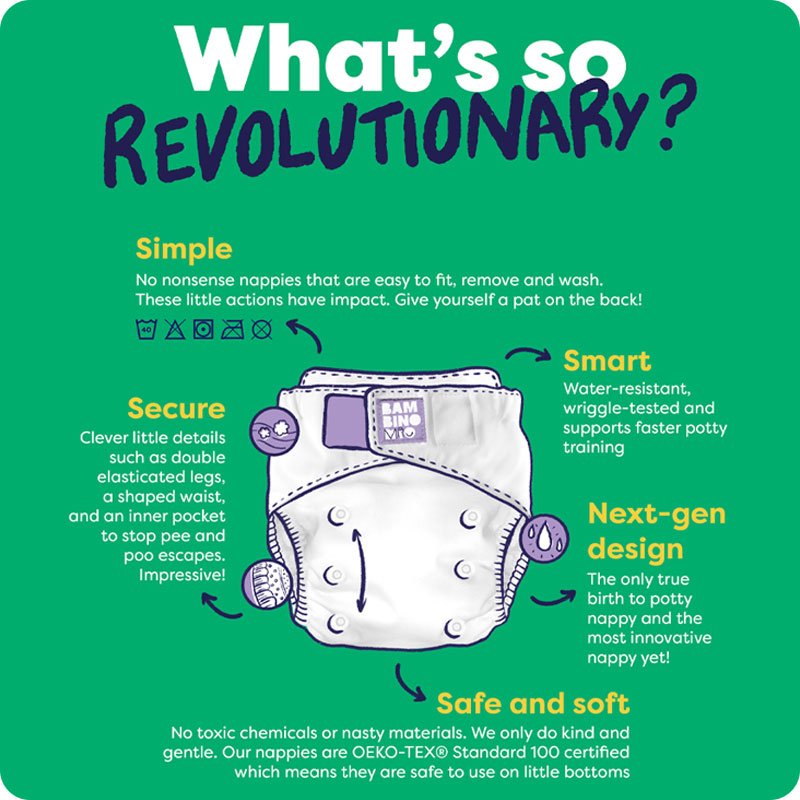
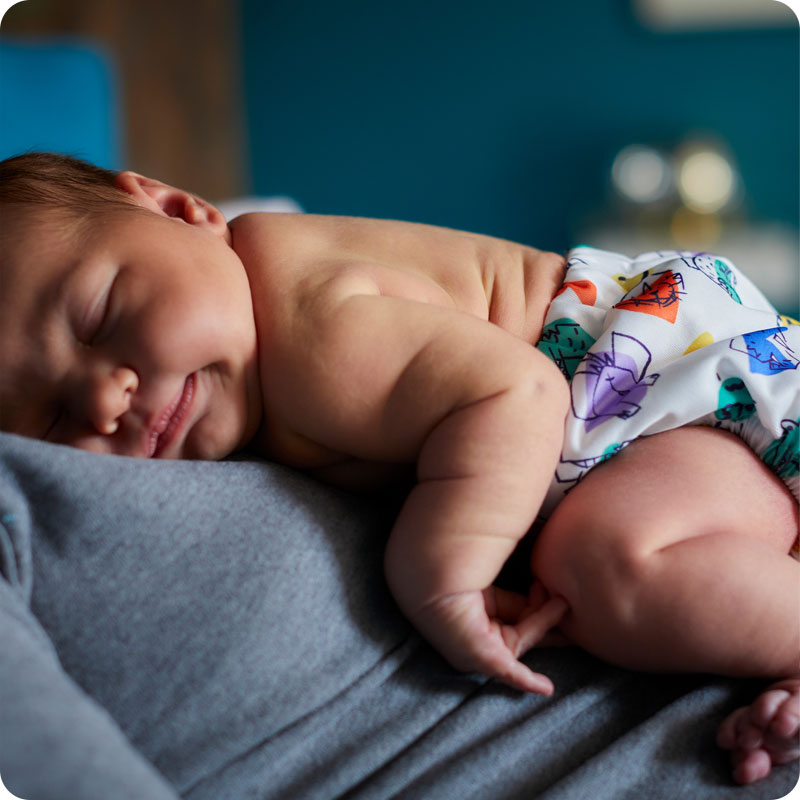
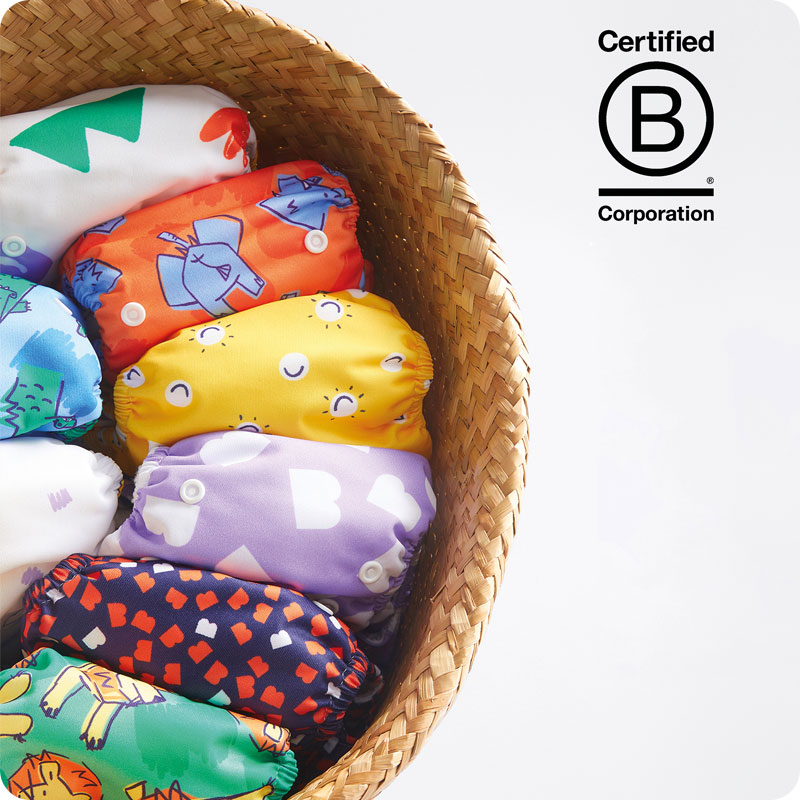
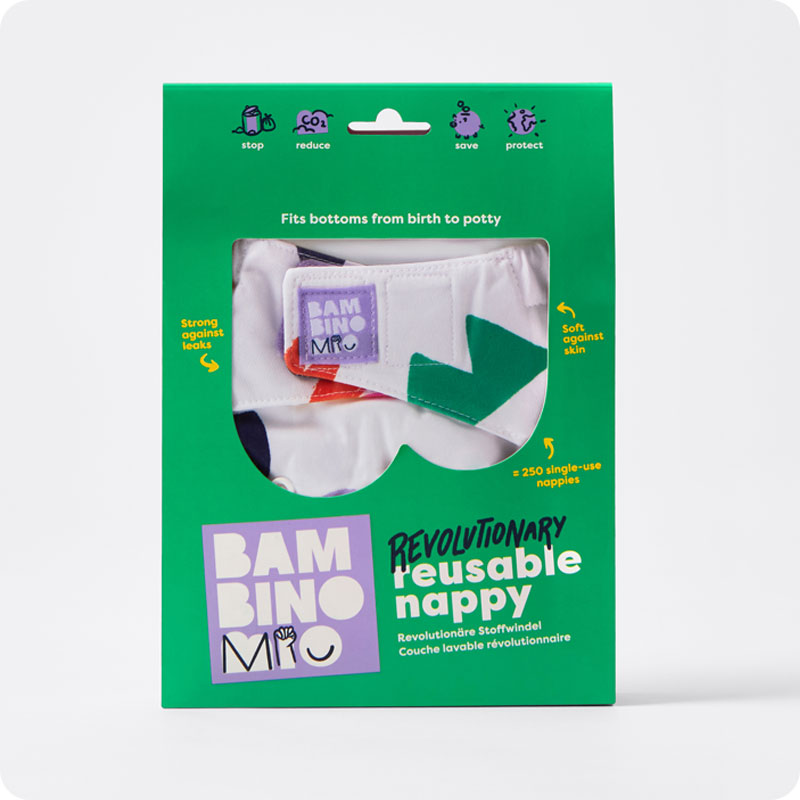
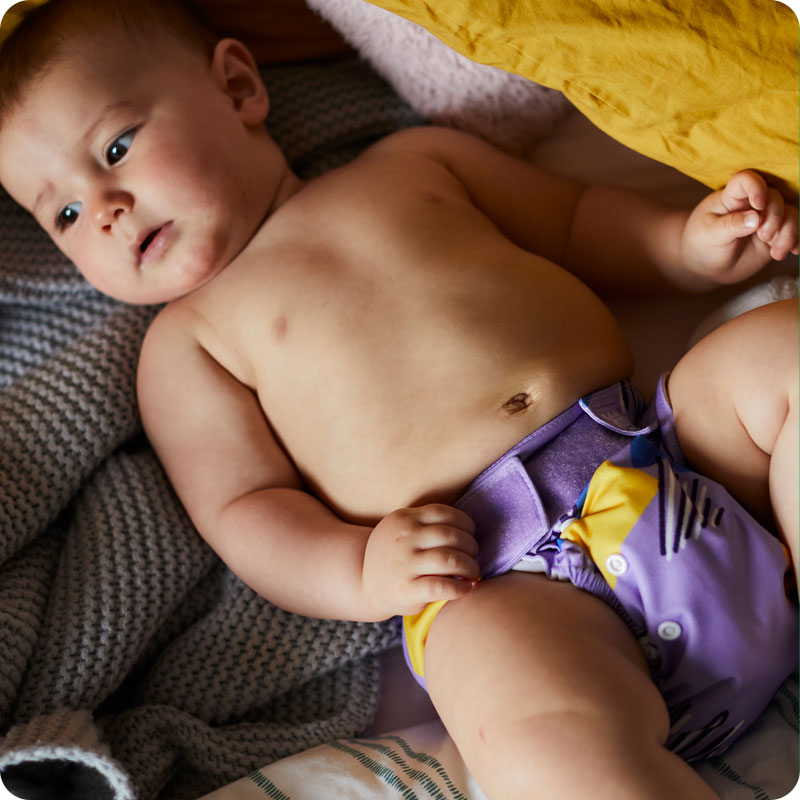
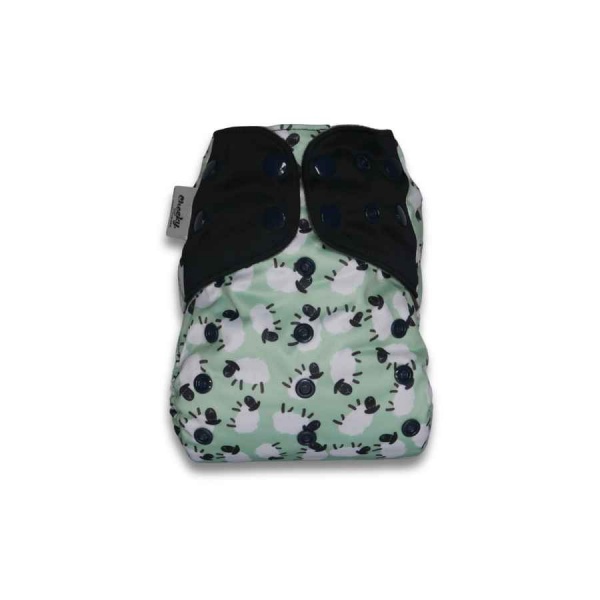
.jpg)
